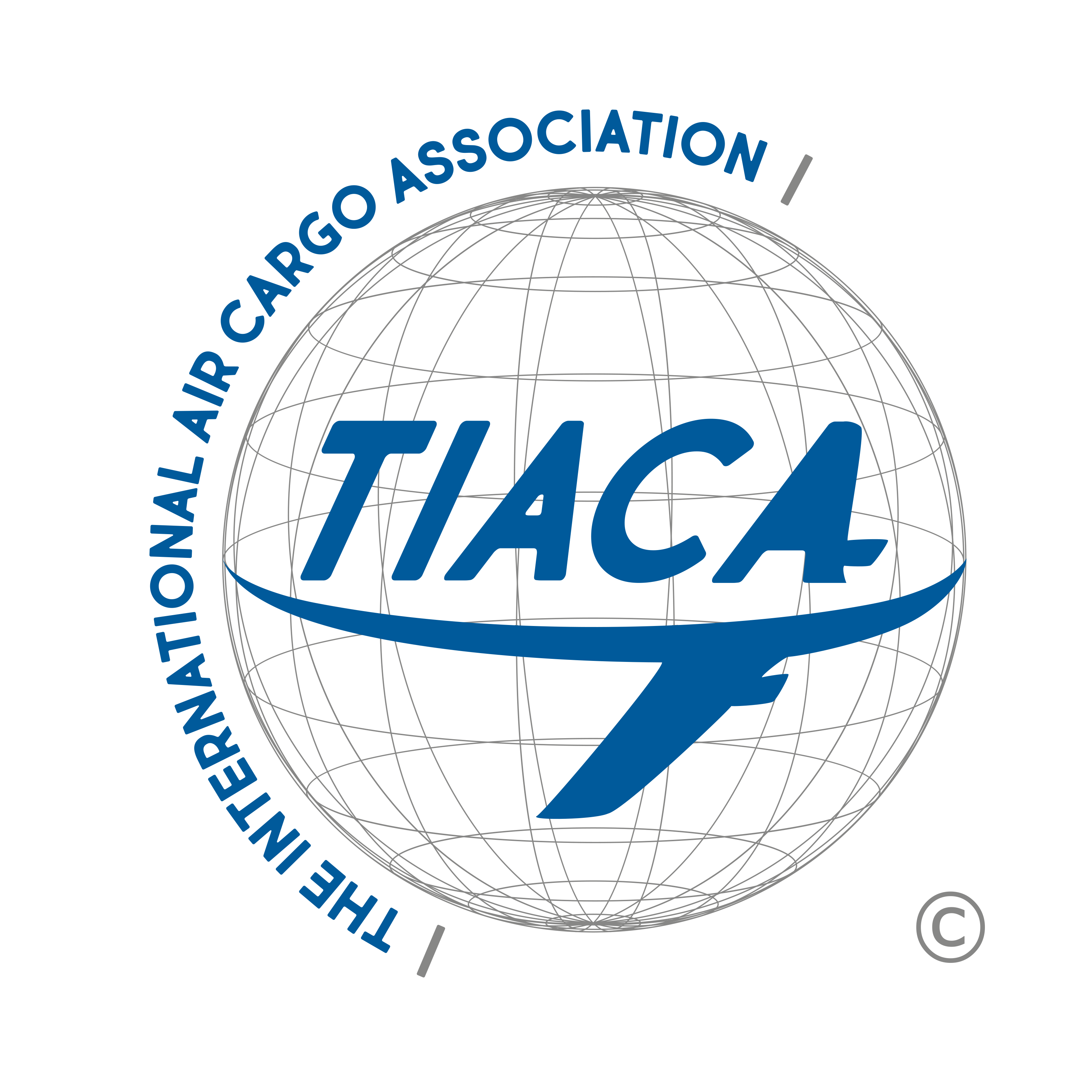
The extraordinary circumstances in response to the COVID-19 pandemic have challenged the air cargo community, but have shown how the sector has remained both resilient and value-generating as it quickly adapts to a fast-evolving situation.
To address these challenges ICAO has engaged its Member States, industry, and other stakeholders by taking action, including:
- State Letter SL 2020/15 urging state adherence to relevant standards within Annex 9 of the Chicago Convention, as well as participation in the ICAO Collaborative Arrangement for the Prevention and Management of Public Health Events in Civil Aviation (CAPSCA) to prevent the spread of COVID-19;
- State Letter SL 2020/47 asking states to review existing or planned air traffic services contingency arrangements, as well as to note the importance of avoiding undue or inadvertent restrictions; and
- Reports on the economic effects of COVID-19 on civil aviation.
These deliverables and others are found on the ICAO website: https://www.icao.int/Security/COVID-19/Pages/default.aspx
The lack of e-commerce data specific to air cargo on a global scale makes it impossible to measure the immediate impact COVID-19 has had on e-commerce. However, there is a strong basis for research on the long-term impact that COVID-19 will have on the global supply chains that feed e-commerce.
Of significance is the observation that the COVID-19 episode has precipitated a divergence between air cargo and passenger services. As countries have closed their borders to passengers (with the notable exception of repatriation flights), many quickly took measures to facilitate air cargo shipments.
ICAO is Responding to Immediate Needs
There have been some immediate responses from leading e-commerce companies that have already affected the global supply chain. For example, Amazon is addressing the global situation that has caused logistical overload by prioritizing its operations in the United States, where shipping times have tripled (e.g., one-day deliveries are now three to four days). This response includes its announced intention to hire 100,000 employees.
Where state-level intervention is required, air cargo stakeholders, which include air carriers and freight forwarders, have asked ICAO to work with regulators and encourage:
- Extension of expiring licences, certifications or approvals e.g. pilot licences, dangerous goods recurrent training;
- Facilitation of charter flights operating essential services, providing them greater operational and financial flexibility, as well as hoping that airlines will allocate some cargo capacity for scheduled services;
- Flexibility on rules regulating transport of crews, curfews, slot amendments, etc.; and
- Temporary granting of additional traffic rights (e.g., seventh freedom for cargo flights).
ICAO is examining how to best restore global air traffic operations to normal while also making progress in these areas and updates can be found via the abovementioned website.
Some states have already responded to these needs. For example, Chinese government will support air cargo operators needing to lease or purchase freighters. Further, it will direct support toward express delivery firms to help them support expanded air services and overseas operations.
Long-term Actions
Uncertainty is the only thing that is for certain in the months ahead. The implementation of prolonged social distancing and “stay-at-home” measures worldwide due to the pandemic will quite likely have a lasting—and beneficial—effect on e-commerce. These measures have exposed many who otherwise would not have experimented with online purchasing to its benefits. These measures have significantly helped to sustain air cargo demand even in the face of not only a sharp and immediate drop in passenger demand, but also potential global recession.
The major freight integrators, having significant capacity, are seen by some as being largely capable filling the void left by belly capacity both across the Pacific (as China continues its post-COVID-19 recovery), as well as the transatlantic routes.
The reliance of air cargo operations on capacity provided by belly space on passenger aircraft has led to a significant bottleneck that is impeding e-commerce throughput thus raising shipping rates—by some estimates, threefold. Further, according to a certified aircraft appraiser, the COVID-19 experience has highlighted the shortage of freighter aircraft and caused their lease rates to double. Some of these costs will be passed on to the consumer.
The ICAO Long-term Vision for International Air Transport Liberalization offers a solution for the evolving air cargo sector by guiding Member States to recognize the unique characteristics of the air cargo market and develop policies that allow it to respond to its business environment. As the current situation with COVID-19 shows, the air cargo environment can be very different from that of passenger services.
ICAO has reaffirmed its commitment to help States better understand the benefits of these policies and any challenges that might come with them so they can implement more liberal economic regulatory frameworks, which are perhaps the surest way to ensure air cargo carriers can develop robust operations and fleets, as well as have the flexibility to respond to situations like the current one.
Compounding this is the trend toward economic protectionism that was evident before the current pandemic. There is growing concern that some leading economies might soon move to develop trade policies with the goal to secure certain supply chains (e.g., pharmaceuticals, medical supplies, lithium-ion batteries) to meet their needs with domestic production, which could significantly affect e-commerce flows globally. ICAO is monitoring this pandemic-induced supply chain evolution with the intention of further study to determine how will it impact global air cargo operations going forward.
